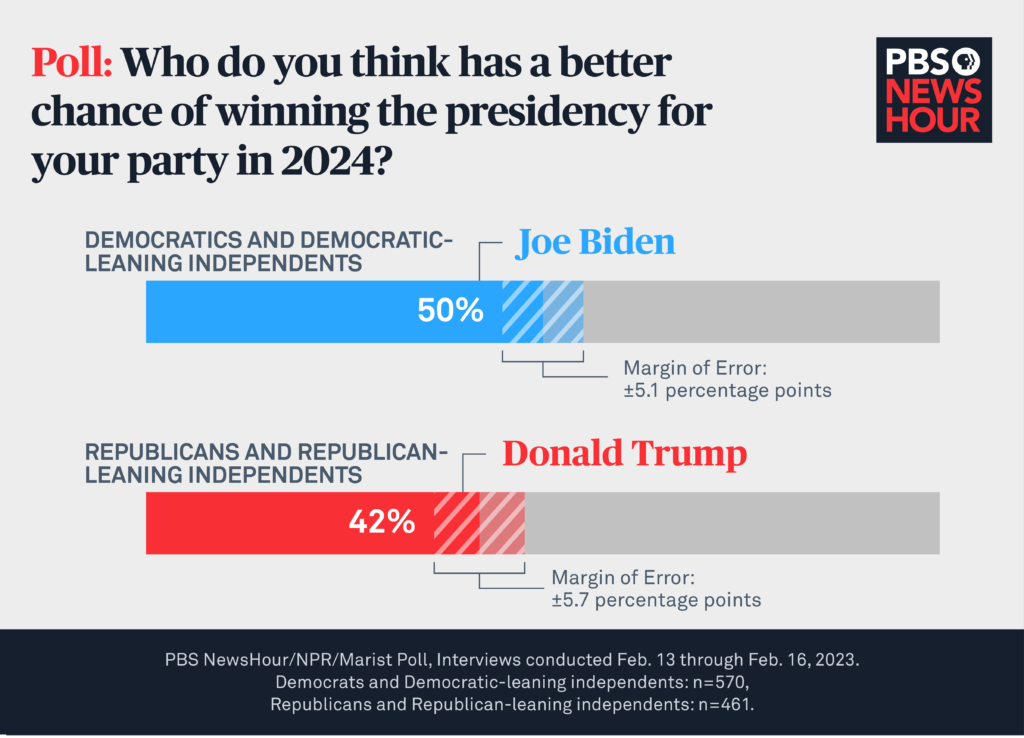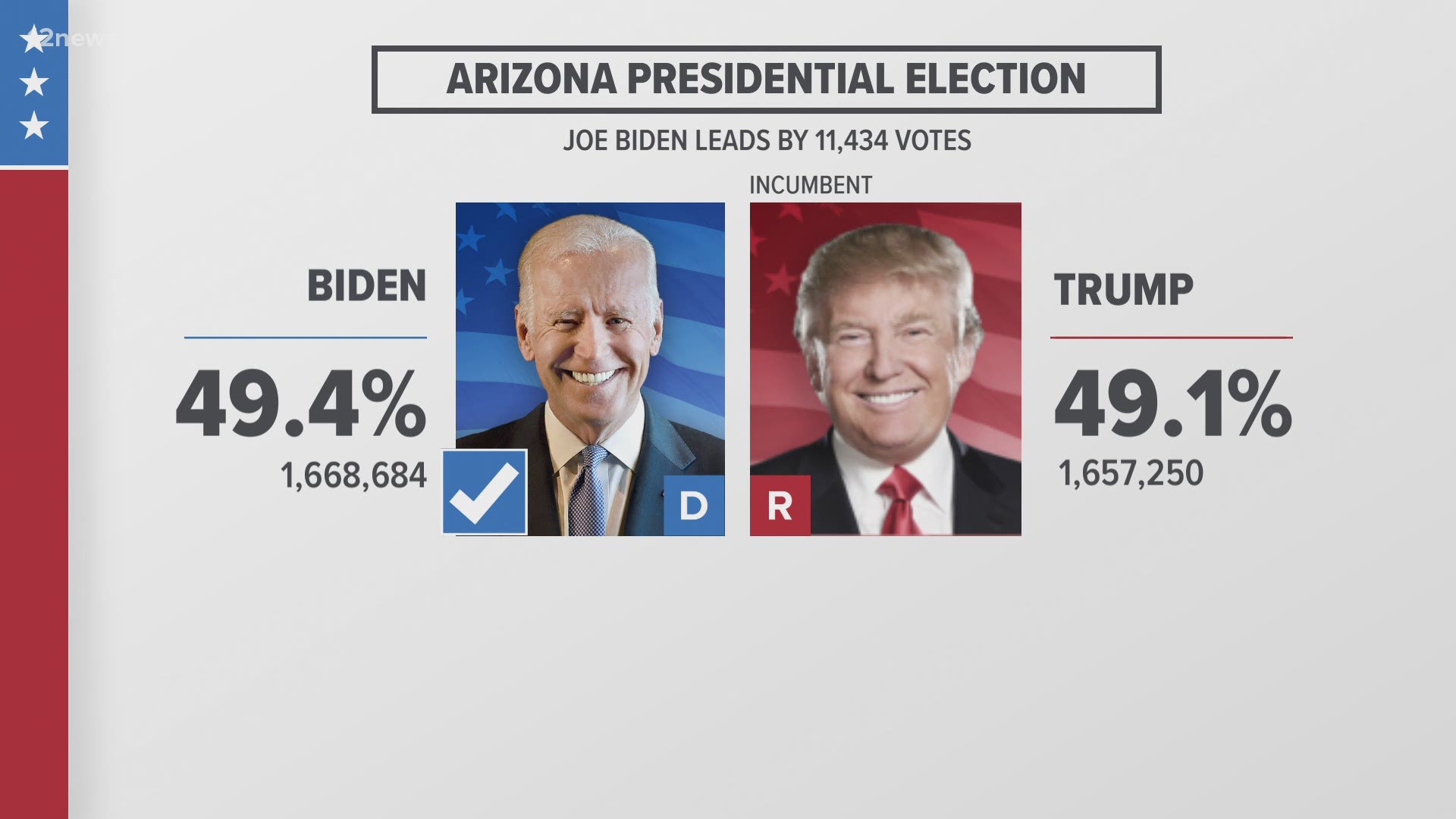Analyzing Performance and Impact: Whos Winning In The Presidential Debate

The presidential debate provided a platform for the candidates to present their visions for the nation and engage in a direct dialogue with the electorate. The candidates’ performances were evaluated based on their ability to articulate their key talking points, connect with the audience, and demonstrate their leadership qualities.
Key Talking Points and Audience Resonance
The debate focused on a range of critical issues, including the economy, healthcare, and foreign policy. Each candidate emphasized specific talking points that resonated with their respective bases.
- Candidate A’s key talking points centered around economic growth and job creation. Their focus on tax cuts and deregulation appealed to voters concerned about the economy.
- Candidate B, on the other hand, emphasized social justice and healthcare reform. Their proposals for universal healthcare and increased government spending resonated with voters who prioritize social programs.
Candidate Delivery and Presence
The candidates’ delivery styles differed significantly, influencing their overall presence and impact on the audience.
- Candidate A presented a confident and assertive demeanor, utilizing strong eye contact and clear articulation. Their tone was generally positive and optimistic, conveying a sense of energy and enthusiasm.
- Candidate B adopted a more measured and deliberate approach, emphasizing substance over style. Their delivery was characterized by a calm and collected tone, conveying a sense of seriousness and competence.
Impact on Potential to Win the Election
The debate’s impact on the candidates’ potential to win the election remains to be seen. However, the performances provided insights into their strengths and weaknesses.
- Candidate A’s strong delivery and focus on economic issues could appeal to undecided voters who prioritize economic prosperity. However, their stance on social issues may alienate some segments of the electorate.
- Candidate B’s focus on social justice and healthcare reform could mobilize their base and attract voters concerned about social inequalities. However, their policy proposals may be perceived as too radical by some voters.
Assessing the Media Coverage and Public Perception

The media plays a crucial role in shaping public opinion during presidential debates. It provides a platform for disseminating information, analyzing the candidates’ performances, and shaping the narratives that emerge from the event. Understanding how the media portrays the debate and how the public perceives it is essential for comprehending the overall impact of the event on the election.
Media Portrayal and Emerging Narratives
The media’s coverage of a presidential debate is multifaceted, with different outlets focusing on various aspects of the event. Some media outlets might emphasize the candidates’ policy positions, while others might focus on their demeanor and communication style. The narratives that emerge from the media coverage often reflect the biases and priorities of the individual outlets. For instance, a conservative news outlet might highlight a candidate’s strong stance on a particular issue, while a liberal news outlet might focus on the candidate’s perceived weaknesses.
Public Opinion Polls and Social Media Sentiment
Public opinion polls and social media sentiment can provide insights into the public’s perception of the debate. Opinion polls conducted after the debate can gauge the impact of the event on voter preferences and identify which candidate is perceived as the winner. Social media platforms like Twitter and Facebook can also provide valuable data on public sentiment, as users often express their opinions and reactions to the debate in real-time. Analyzing the trends and conversations on social media can reveal the key issues and arguments that resonate with the public.
Key Issues and Arguments Dominating the Debate, Whos winning in the presidential debate
The key issues and arguments that dominate a presidential debate are often influenced by the current political climate and the candidates’ campaigns. These issues are then discussed and debated in the media, shaping the public’s understanding of the candidates’ positions and the election at large. For instance, a debate might focus on issues like healthcare, the economy, or foreign policy. The media coverage of these issues can amplify their importance and influence the public’s perception of the candidates’ capabilities and priorities.
Whos winning in the presidential debate – The question of who’s winning in a presidential debate is often a matter of perception, influenced by individual biases and the media’s portrayal. However, the true impact of these events lies in their ability to shape the political landscape, as they offer a platform for candidates to articulate their vision and engage in crucial dialogue.
Presidential debates serve as a crucial turning point in the electoral process, influencing voters’ decisions and ultimately determining the course of the nation. So, while the question of who’s winning may be subjective, the true measure of success lies in the lasting impact these debates have on the political discourse and the direction of the country.
The presidential debate rages on, a battle of words and ideologies. While the candidates spar over policies and visions, it’s the quiet strength of individuals like Gwen Walz , the First Lady of Minnesota, that reminds us of the power of unwavering compassion and quiet leadership.
Ultimately, the true victor in this debate will be the one who inspires the most change, not just through rhetoric, but through genuine action.
